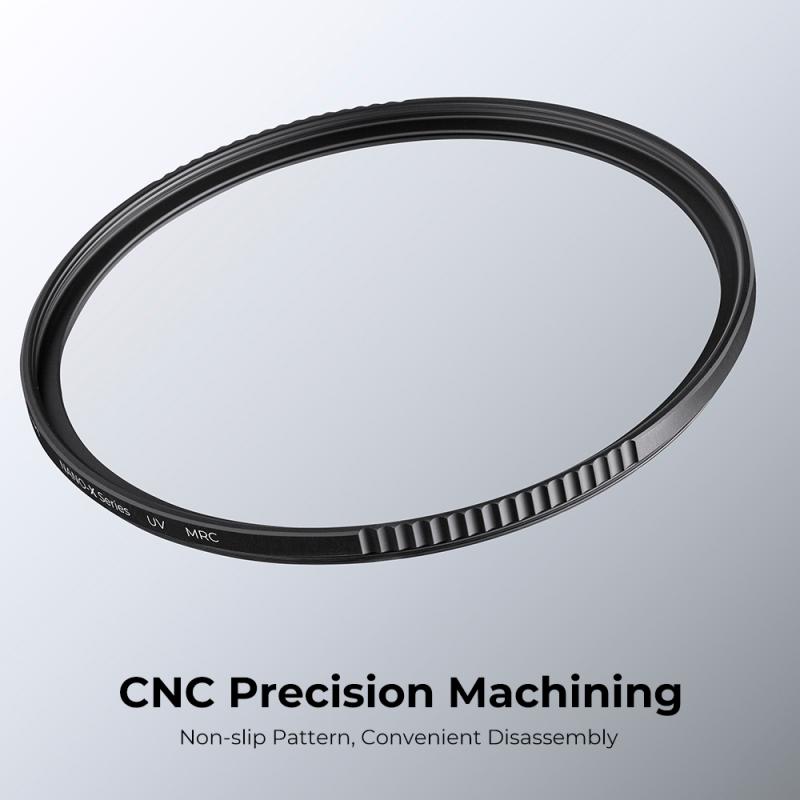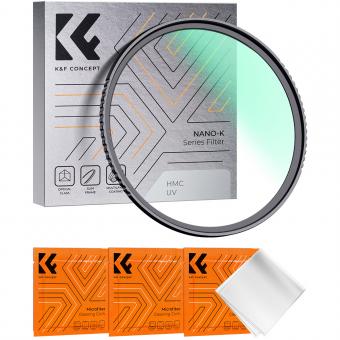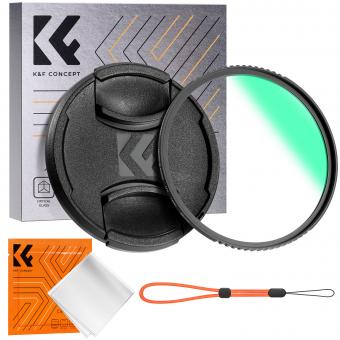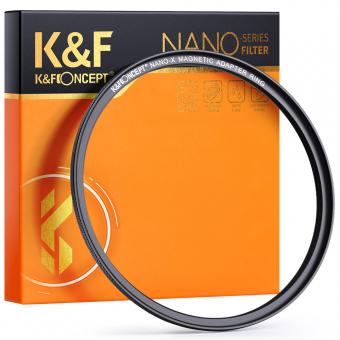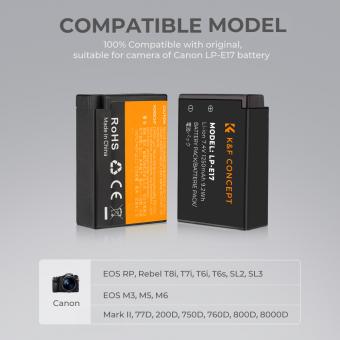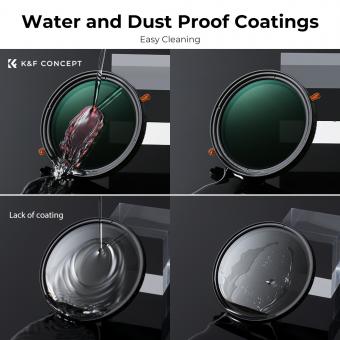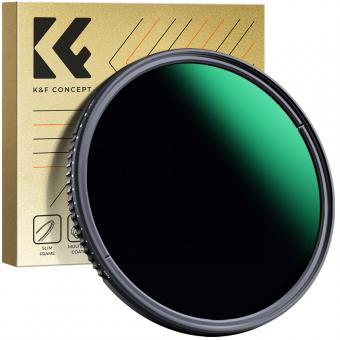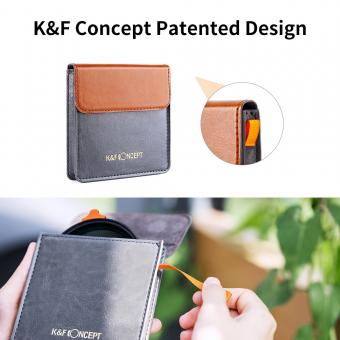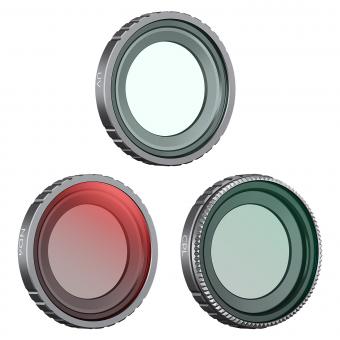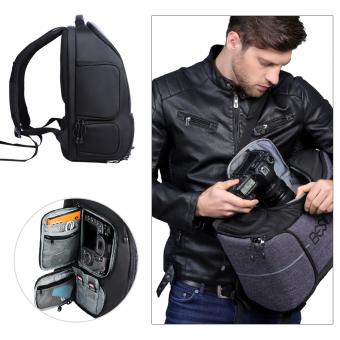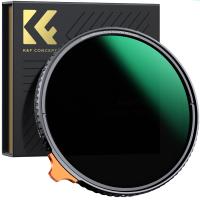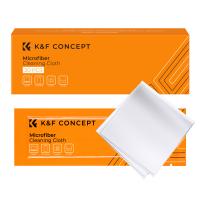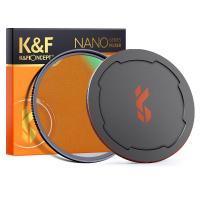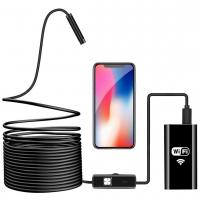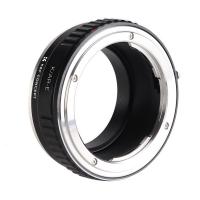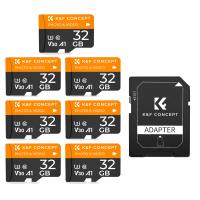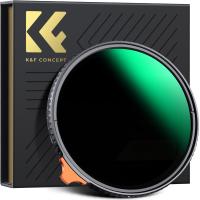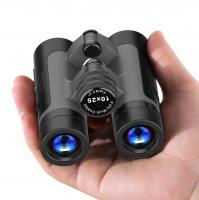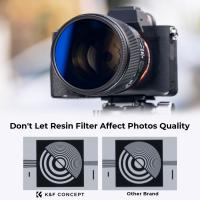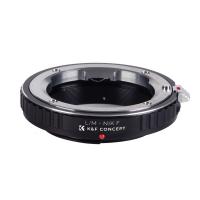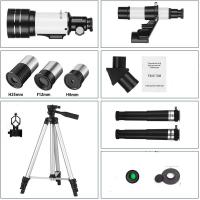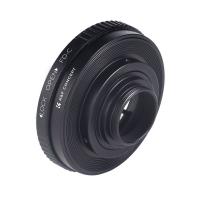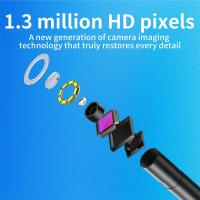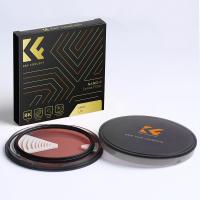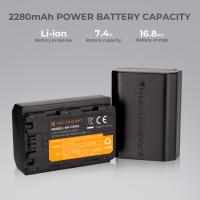What Do Uv Filters Do ?
UV filters are optical filters that are designed to block ultraviolet (UV) light from reaching the camera sensor or film. They are commonly used in photography to reduce the effects of UV radiation, which can cause hazy and bluish images, especially in outdoor settings. UV filters work by absorbing or reflecting UV light, allowing only visible light to pass through. They help improve image clarity, color accuracy, and contrast, while also providing protection to the camera lens from scratches, dust, and moisture. UV filters are particularly useful in high-altitude and coastal areas where UV radiation is more intense.
1、 UV filters block harmful ultraviolet (UV) radiation from reaching surfaces.
UV filters are optical devices that are primarily used in photography to block harmful ultraviolet (UV) radiation from reaching the camera's image sensor. These filters are transparent to visible light but effectively absorb or reflect UV rays, preventing them from affecting the quality of the captured image.
UV radiation is a form of electromagnetic radiation that is present in sunlight and can cause various issues in photography. It can lead to hazy and washed-out images, reduced contrast, and an overall decrease in image sharpness. Additionally, UV radiation can cause damage to the camera's image sensor over time.
By using a UV filter, photographers can mitigate these issues and improve the overall quality of their images. UV filters are particularly useful in outdoor photography, where the intensity of UV radiation is higher. They help to reduce the effects of atmospheric haze and provide clearer, more vibrant images.
Moreover, UV filters also serve as a protective layer for the camera lens. They act as a barrier against dust, moisture, and scratches, safeguarding the lens from potential damage. This added protection can extend the lifespan of the lens and save photographers from costly repairs or replacements.
It is worth noting that the necessity of UV filters has been a topic of debate among photographers in recent years. With advancements in lens coatings and digital image processing, some argue that the impact of UV radiation on image quality is minimal and can be corrected in post-processing. However, others still advocate for the use of UV filters as a precautionary measure, especially for lens protection.
In conclusion, UV filters play a crucial role in photography by blocking harmful UV radiation and improving image quality. While their necessity may be subjective, they continue to be a popular accessory among photographers for both their protective and aesthetic benefits.
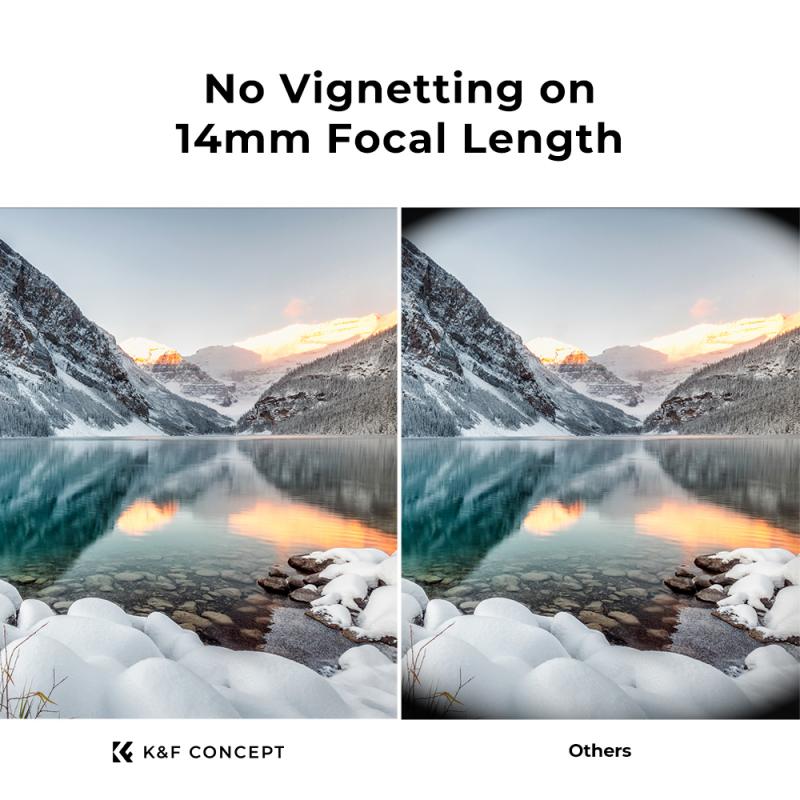
2、 UV filters protect against sunburn and skin damage caused by UV rays.
UV filters are an essential component of sunscreens and other skincare products designed to protect the skin from the harmful effects of ultraviolet (UV) radiation. UV radiation is emitted by the sun and is divided into three types: UVA, UVB, and UVC. UVA rays have longer wavelengths and can penetrate deep into the skin, while UVB rays have shorter wavelengths and primarily affect the outer layers of the skin. UVC rays are the most dangerous, but fortunately, they are absorbed by the Earth's atmosphere and do not reach the surface.
UV filters work by absorbing, reflecting, or scattering UV radiation, preventing it from penetrating the skin. By doing so, they help to reduce the risk of sunburn, skin damage, premature aging, and skin cancer. UV filters act as a barrier between the skin and the sun, shielding it from the harmful effects of UV rays.
In recent years, there has been growing concern about the potential negative effects of certain UV filters on human health and the environment. Some studies suggest that certain chemical UV filters, such as oxybenzone and octinoxate, may have hormone-disrupting properties and can harm coral reefs when washed off into the ocean. As a result, there has been a shift towards using physical UV filters, such as zinc oxide and titanium dioxide, which are considered safer and more environmentally friendly.
It is important to note that UV filters should be used in conjunction with other sun protection measures, such as seeking shade, wearing protective clothing, and avoiding sun exposure during peak hours. Additionally, it is crucial to choose a broad-spectrum sunscreen that protects against both UVA and UVB rays and to reapply it regularly, especially after swimming or sweating.
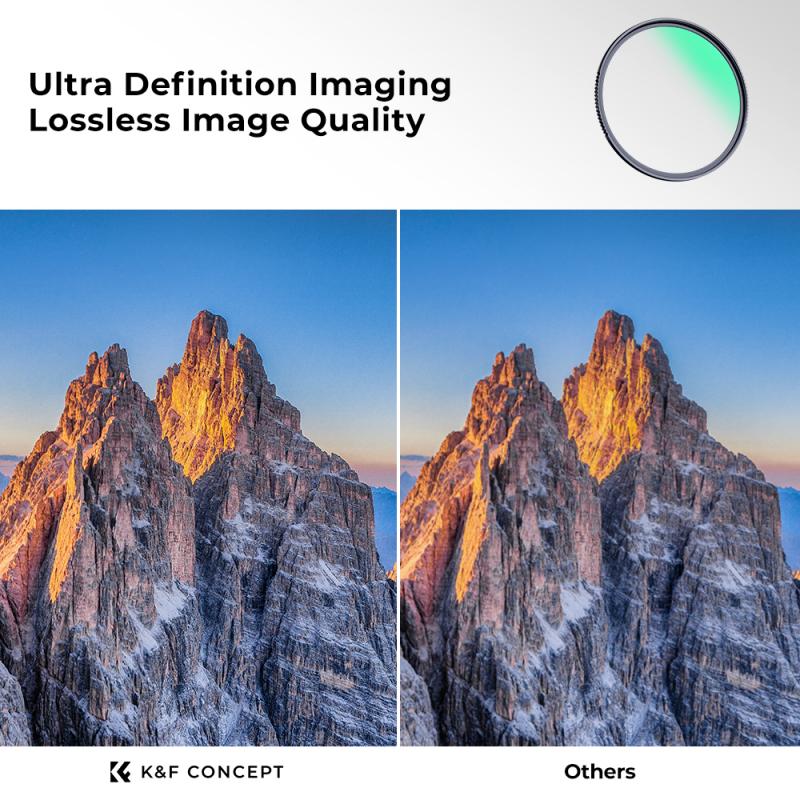
3、 UV filters reduce the risk of developing certain types of skin cancer.
UV filters are substances that are commonly used in sunscreens and other skincare products to protect the skin from the harmful effects of ultraviolet (UV) radiation. UV radiation is a type of electromagnetic radiation emitted by the sun, and it is divided into three categories: UVA, UVB, and UVC. UVA and UVB radiation are the ones that reach the Earth's surface and can cause damage to the skin.
UV filters work by absorbing, reflecting, or scattering the UV radiation, preventing it from penetrating the skin. By doing so, they reduce the risk of developing certain types of skin cancer, including basal cell carcinoma, squamous cell carcinoma, and melanoma. These types of skin cancer are primarily caused by exposure to UV radiation.
The use of UV filters is particularly important because the ozone layer, which acts as a natural shield against UV radiation, has been gradually depleting. This depletion has led to an increase in the amount of UV radiation reaching the Earth's surface, making protection against it even more crucial.
In recent years, there has been some debate and concern regarding the safety and effectiveness of certain UV filters. Some studies have suggested that certain chemical UV filters, such as oxybenzone and octinoxate, may have potential health risks and environmental impacts. These concerns have led to the development and promotion of alternative UV filters, such as mineral-based filters like zinc oxide and titanium dioxide, which are considered safer and more environmentally friendly.
It is important to note that while UV filters play a significant role in reducing the risk of skin cancer, they should not be the sole method of protection. Other sun-safe practices, such as seeking shade, wearing protective clothing, and avoiding peak sun hours, should also be followed to minimize UV radiation exposure. Regular skin checks and consultations with dermatologists are also essential for early detection and prevention of skin cancer.
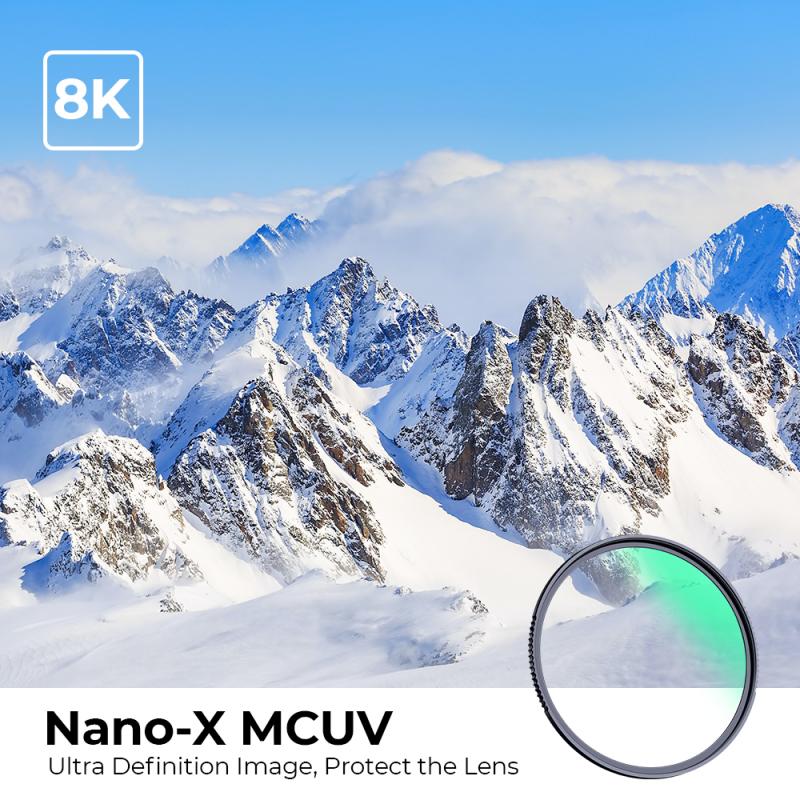
4、 UV filters prevent fading and damage to materials exposed to sunlight.
UV filters are essential tools used to protect materials from the harmful effects of ultraviolet (UV) radiation. These filters work by blocking or absorbing the UV rays emitted by the sun, preventing them from reaching the materials and causing fading or damage.
One of the primary functions of UV filters is to prevent fading of various materials, such as fabrics, artwork, photographs, and furniture. UV rays have the ability to break down the chemical bonds in dyes and pigments, leading to the loss of color and vibrancy over time. By using UV filters, the amount of UV radiation that reaches these materials is significantly reduced, thus slowing down the fading process.
Moreover, UV filters also play a crucial role in protecting materials from damage caused by UV radiation. Prolonged exposure to UV rays can weaken and degrade materials, leading to brittleness, cracking, and deterioration. This is particularly important for items that are frequently exposed to sunlight, such as outdoor furniture, window treatments, and car interiors. By incorporating UV filters, these materials are shielded from the harmful effects of UV radiation, extending their lifespan and maintaining their structural integrity.
In recent years, there has been growing concern about the potential health risks associated with UV radiation. Excessive exposure to UV rays can cause skin cancer, cataracts, and other harmful effects on human health. Therefore, the use of UV filters has become even more important, not only for protecting materials but also for safeguarding individuals from the damaging effects of UV radiation.
In conclusion, UV filters are crucial in preventing fading and damage to materials exposed to sunlight. By blocking or absorbing UV rays, these filters help maintain the color and integrity of various materials, extending their lifespan. Additionally, with the increasing awareness of the health risks associated with UV radiation, the use of UV filters has become essential for protecting both materials and individuals from the harmful effects of the sun's rays.
